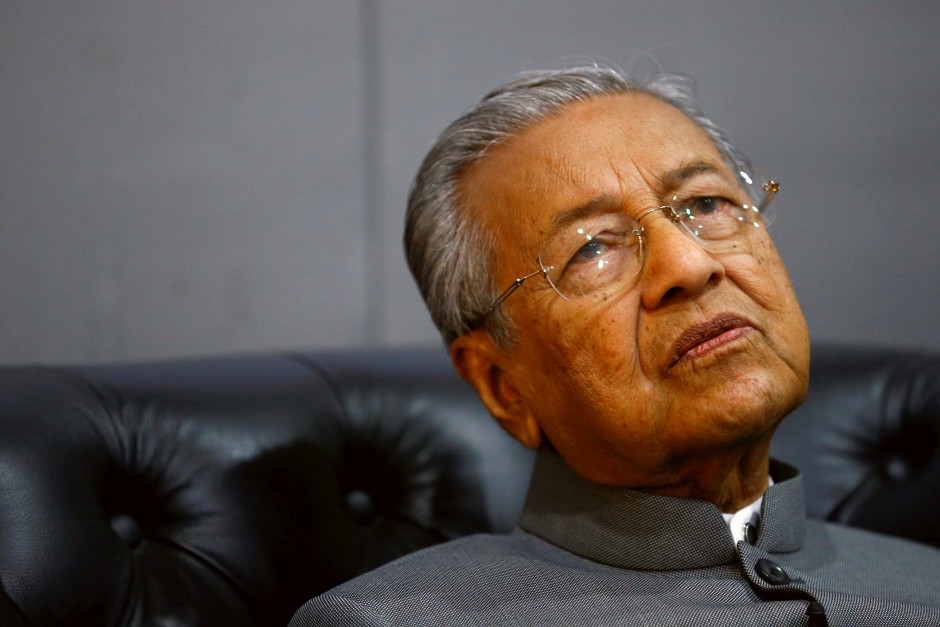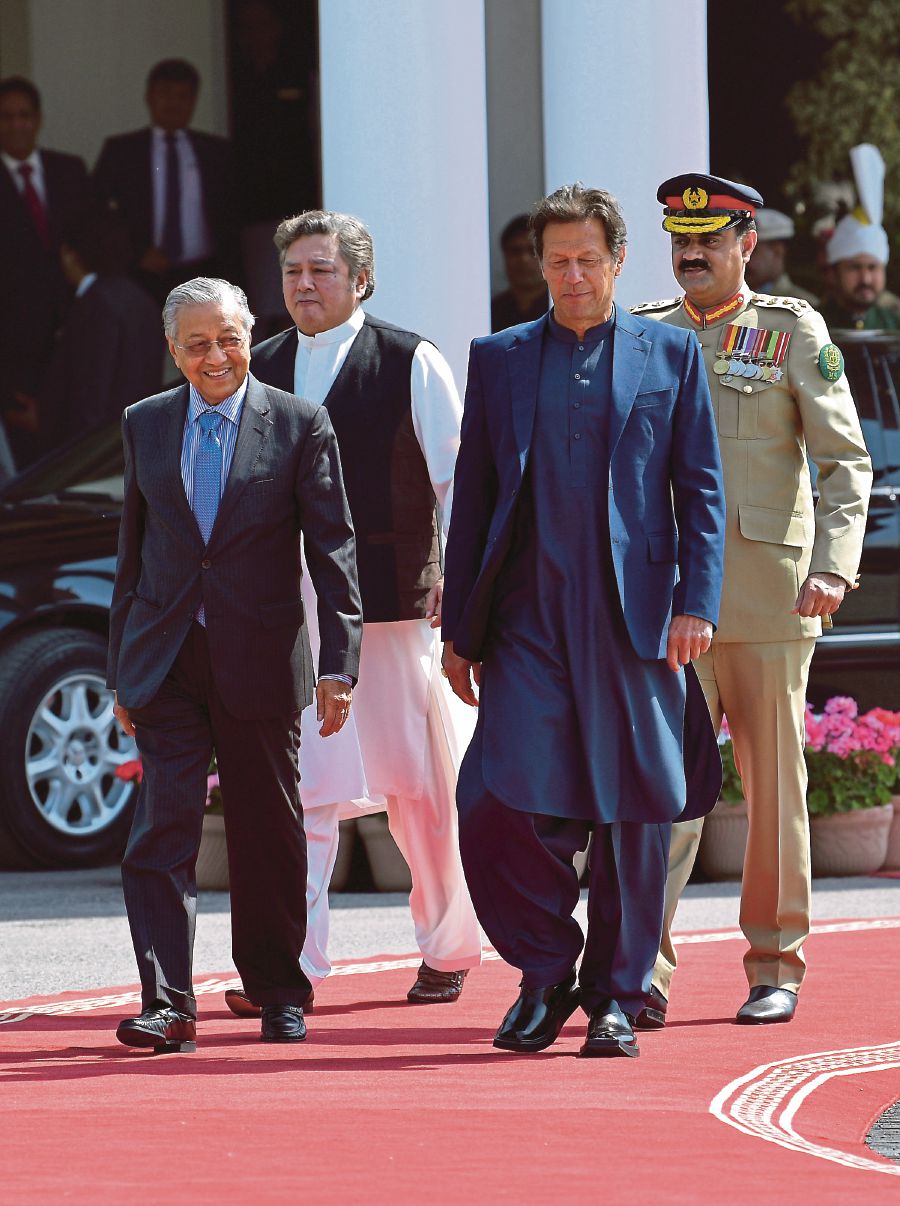
Published by The Star, image from The Star.
In the aftermath of Nurul Izzah Anwar’s interview in the Singapore’s The Straits Times, we witnessed a flurry of articles and statements – most of which either strongly agreed with her and defended her, or strongly disagreed with her, and defended Prime Minister Tun Dr Mahathir Mohammad.
There were articles with Buzzfeed-style titles like “Ten unlikeable things about Mahathir,” while others sang the praises of Dr Mahathir with equal passion.
Such polarisation is an increasingly ubiquitous feature of politics in our day and age. Whenever an issue pops up, we often shoot past any careful analysis of the originating incident and launch headfirst, fists up into our dichromatic for-or-against attack mode.
I am not here to try and preach away this phenomenon, or wring my hands in frustration as to why people behave this way. I can only try my best to offer a different perspective, however much it may get drowned out by more polarised views.
With regards to Dr Mahathir, I think it’s fairly obvious to any reasonable person that he is not a perfect leader.
I think the more interesting question is not “Is Dr Mahathir good or bad?” – as this tends to lead to rather poorly informed polemics that invariably lack intelligent nuance – but rather, “What is Dr Mahathir really trying to achieve, and why does he take the paths he does?”
Needless to say, I don’t have all the answers. I can, however, offer a few humble perspectives.
The controversy surrounding Ronald Kiandee’s chairmanship of the parliamentary Public Accounts Committee (PAC) might be a good case study.
Dr Mahathir’s initial decision to retain Kiandee as chairman after he had defected to Harapan was met with understandable scorn and protest, as the move was seen to be contravening Harapan’s manifesto.
When asked about the many MPs who quit the PAC in protest, Dr Mahathir replied “If they want to resign, they can do so. It’s their own business,”
It’s understandable and reasonable for some people to read this as being extremely arrogant and dismissive.
There may however be more than one way of interpreting what is happening.
One of Dr Mahathir’s more defining features is his age and experience. A 93-year-old person who is technically in his 23rd or so year as Prime Minister probably sees things a little differently than average Malaysians like the rest of us.
The most relevant difference here is I suppose a long view as opposed to a short one.
We live in an era of instant gratification and super short attention spans – one where sometimes not even one of the thousands of shows on Netflix can scratch our increasingly specific itches. Basically, we want for everything to be exactly the way we want it, when we want it.
I get the feeling that Dr Mahathir, being born a good three or four generations before many of us, tends to see things a little differently.
I wouldn’t go so far as to say that he is like the Ents from theTolkien’s Lord of the Rings, but I think it’s fair to say that he operates on a rather different pace than is considered “normal” in the world of politics today. His radar too, probably has a longer horizon than is currently popular in the media and public discourse.
It feels like Dr Mahathir is also not a man who likes to feel rushed, and is a little more allergic than most to being pressured.
He seems to have his own views about when what should get done; and while many say he is much more open to input than he was in the 80s and 90s, he still believes ultimately in keeping his own counsel – after of course, everyone has been given a fair hearing.
This puts him at odds with many segments of today’s public, who are now more used to demanding things happen immediately.
In the PAC case, it may or may not make a difference that Dr Mahathir did not seem to say that he will forever retain Kiandee; but rather that Kiandee will be replaced when a suitable candidate from the opposition can be found.
Whether this is good enough or not I suppose depends on your personal political inclinations and beliefs. I certainly don’t think it would be wrong to say: the sooner, the better.
The observations above are not normative in nature; it is not my place to say the approach of one party or the other is better – only that it may be useful to occasionally cut through the polemics, and more thoroughly explore context and perspective through a wider lens.
As with many things, sometimes two extremes can improve each other.
Perhaps Dr Mahathir can learn from today’s Malaysians that responding to the demands of a more impatient, discerning electorate can sometimes be good for the country.
And perhaps we can learn from Dr Mahathir to not always jump the gun, and to take a longer view regarding what is most important in the bigger picture.
Nathaniel Tan is Director of Media & Communications at EMIR Research, an independent think-tank focused on strategic policy recommendations based upon rigorous research.

